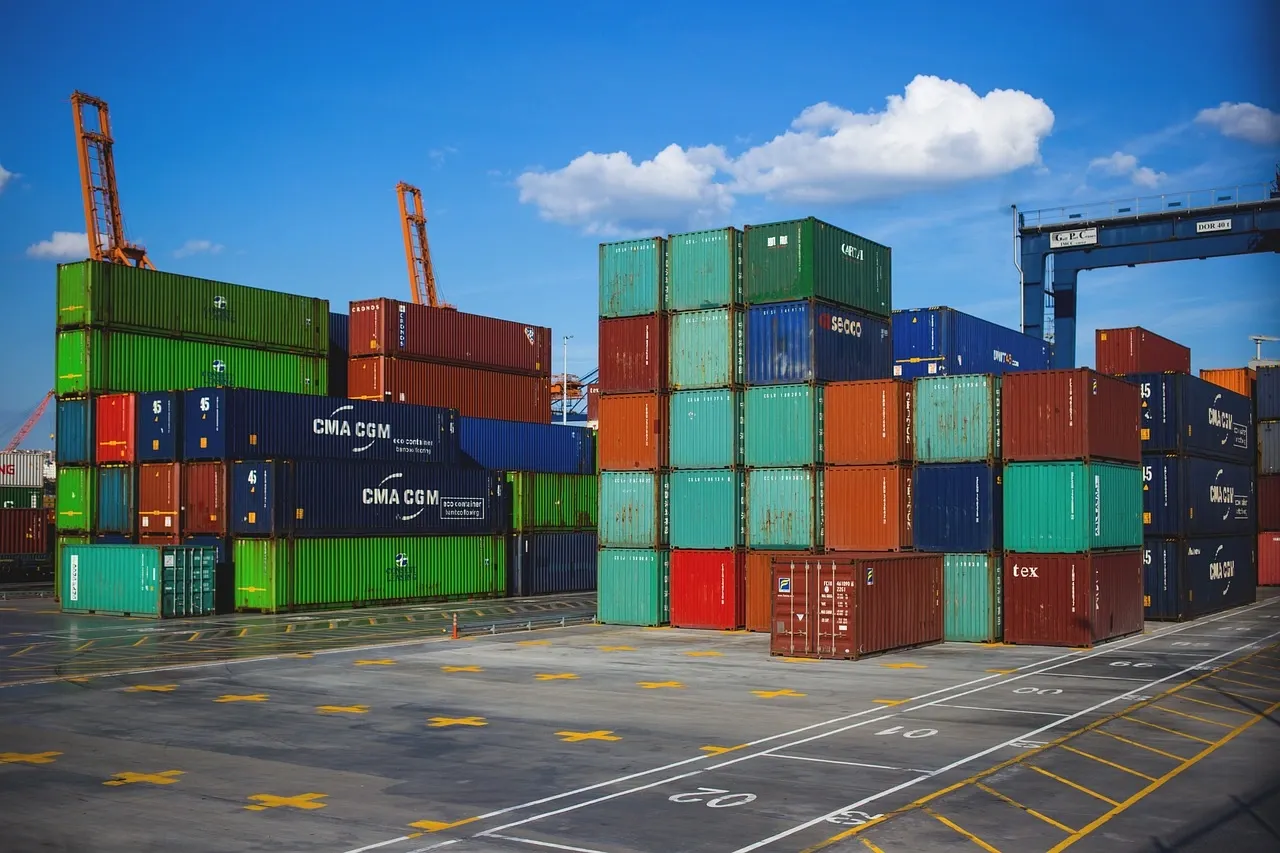Business News
30% less freight cost, 40% less time: How Chabahar port can help India to expand global trade
.png)
3 min read | Updated on May 15, 2024, 13:02 IST
SUMMARY
The port, located on the Gulf of Oman, allows India to bypass arch-rival and neighbour Pakistan while enhancing trade ties with an array of landlocked countries located in central and western Asia. It also connects India with the International North South Transport Corridor, which is an alternative to the vulnerable Suez Canal, for trading with Europe.

The port allows India to bypass Pakistan while trading with the landlocked central Asia
Over two decades after India first proposed to operate the Chabahar port – located on Iran’s southeastern coastline – New Delhi has sealed the pact with the Iranian authorities to operate the commercial port for 10 years. The move marks a diplomatic success for India, and can play a significant role in expanding the country’s global trade footprint, industry bodies and experts said.
The contract for the operation of Chabahar port, located 170 km away from Pakistan’s Gwadar port, was inked between Indian Ports Global Ltd (IPGL) and the Port & Maritime Organisation of Iran. As part of the pact, IPGL will invest $120 million, whereas a debt amounting to $250 million would also be raised.
The port, located on the Gulf of Oman, allows India to bypass arch-rival and neighbour Pakistan while enhancing trade ties with an array of landlocked countries located in central and western Asia, experts pointed out.
The operationalisation of the port will connect India with the International North-South Transport Corridor (INSTC), a 7,200 km transportation route that aims to connect the South Asian economies with Eurasia and Europe.
The corridor is seen as a promising alternative to the Suez Canal – the main maritime trade route between Europe and Asia – which is vulnerable to geopolitical impacts. Presently, insurance charges for trading through Suez Canal have jumped in view of the attacks carried out by Yemen’s Houthi militants against western-flagged vessels as a mark of protest against the US and its allies’ support to Israel for its offensive in Gaza.
Chabahar port to cut freight cost, transportation time
An alternative to the Suez Canal will bring down freight charges and transportation time while exporting goods to Europe, according to the Federation of Indian Export Organisations (FIEO). The Chabahar port, in particular, will allow India to diversify its trading routes and gain enhanced access to the markets of Russia, Eurasia and Europe, apart from Iran and Afghanistan, it pointed out.
Through the operationalisation of INSTC, Indian goods will land at Iran’s Chabahar port via the sea-route, and will subsequently be taken through vehicles to another Iranian port located on the edge of Caspian sea. From there, the goods will be sent to Russia via the sea route, and subsequently to other markets of Europe through the Russian railways, explained Ajay Sahai, the Director General of FIEO.
"The movement of cargo through this route is expected to save cost by 30% and transportation time by 40%, ensuring quick turnaround at competitive cost," news agency PTI quoted Sahai as saying.
According to Global Trade Research Initiative (GTRI), the corridor will bring down the time to transport goods to Europe to 25 days, from around 45 days taken through the Suez Canal. The freight costs, the industry body claims, will be lowered by around 30%.
By signing up you agree to Upstox’s Terms & Conditions
About The Author
Next Story

